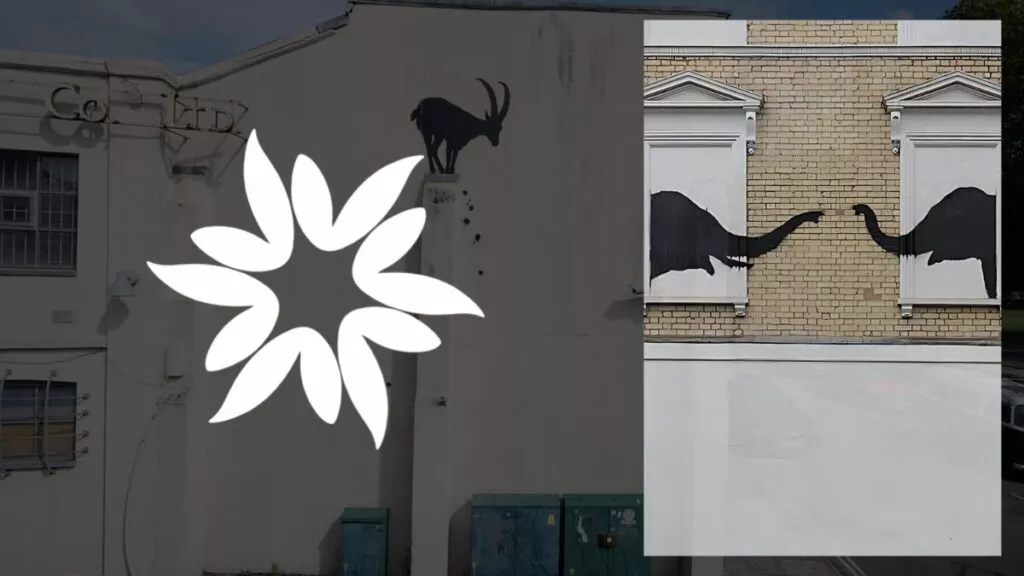Key Takeaways
- The Gilder Center at the Natural History Museum in New York City defies architectural norms, presenting a stunning and unique design that resembles a white-pink granite cliff adorned with cave-like windows.
- Despite facing challenges during its development, such as delays and legal challenges, the finished product has surpassed expectations, offering a generous and gracious green space to the community.
- The Gilder Center combines art and functionality, serving as a versatile space housing customizable galleries, an insectarium, a butterfly conservatory, storage for scientific specimens, classrooms, laboratories, a library, and a theater.
- The building pays homage to the history of the American Museum of Natural History and evokes a sense of wonderment and delight in its visitors.
- The Gilder Center's awe-inspiring architecture and thoughtful design elements make it a fitting tribute to the museum's rich history and an exciting new chapter in its ongoing evolution.
The new Gilder Center at the Natural History Museum has defied architectural norms, presenting a breathtaking structure that resembles a white-pink granite cliff adorned with cave-like windows.
The design, created by architect Jeanne Gang and her team, has resulted in a stunning piece of public architecture that brings a sense of wonder and joy to visitors.
Upon entering the Gilder Center, the cliff face transforms into a towering canyon-like atrium that spans an entire city block.
The building’s captivating design has garnered comparisons to Gaudi’s curvaceous masterpieces and Saarinen’s TWA Terminal.
The Gilder Center is poised to become an instant favorite among New Yorkers and a major attraction for visitors.
Overcoming Challenges and Controversy
The Gilder Center faced several hurdles during its development, from delays and budget increases to legal challenges from neighbors concerned about its impact on the park.
In response, the museum engaged landscape architecture firm Reed Hilderbrand to preserve trees and add more seating.
Despite these setbacks, the finished product has surpassed expectations, offering a generous and gracious green space to the community.
The Gilder Center project was first announced in 2014 as the Richard Gilder Center for Science, Education, and Innovation.
The initial budget was $325 million, with a planned opening in 2019 to coincide with the museum’s 150th anniversary.
However, due to various factors, including the pandemic, the budget increased to $465 million, and the opening was delayed.
Combining Art and Functionality
The Gilder Center is not only a visual masterpiece but also serves as a versatile space housing customizable galleries, an insectarium, a butterfly conservatory, storage for scientific specimens, classrooms, laboratories, a library, and a theater.
The building’s intricate design reflects the interconnectedness of life on earth, incorporating strata of weathered rock and sinuous curves that evoke a sense of natural beauty.
The Gilder Center also addresses the need for improved circulation within the museum, which has long been a source of frustration for visitors.
Through intelligent design, the new addition connects previously disconnected parts of the museum, making navigation more intuitive and visitor-focused.
The initial budget was $325 million, with a planned opening in 2019 to coincide with the museum’s 150th anniversary.

A Tribute to the Museum’s Roots
The Gilder Center pays homage to the history of the American Museum of Natural History, which was born from the ashes of P.T. Barnum’s American Museum in Lower Manhattan.
The Natural History Museum retained the spirit of wonder and curiosity that characterized Barnum’s collection of curiosities and entertainments.
The Gilder Center continues this tradition, evoking a sense of wonderment and delight in its visitors.
The building’s construction process employed a technique called “shotcrete,” which involves spraying concrete onto armatures of rebar and metal mesh and then carving or troweling the wet concrete by hand.
This method, developed by Carl Akeley, the “father of modern taxidermy,” gives the Gilder Center’s canyon its unique texture and appearance.
A Lasting Legacy
Despite initial skepticism and concerns about the sustainability of shotcrete, the Gilder Center’s design has the potential to stand the test of time.
Its beauty and functionality are likely to ensure its continued use and appreciation, making it a lasting and beloved addition to the Natural History Museum.
The Gilder Center’s awe-inspiring architecture and thoughtful design elements, such as polished oak rails and a bean-shaped staircase, create an immersive experience that transports visitors to a world of wonder and discovery.
Its fusion of art, science, and nature make it a fitting tribute to the museum’s rich history and an exciting new chapter in its ongoing evolution.








